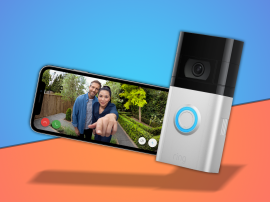Best budget camera phones in 2025 for affordable photography
After the best budget camera phone to capture stunning photos without breaking the bank? We've reviewed the very best
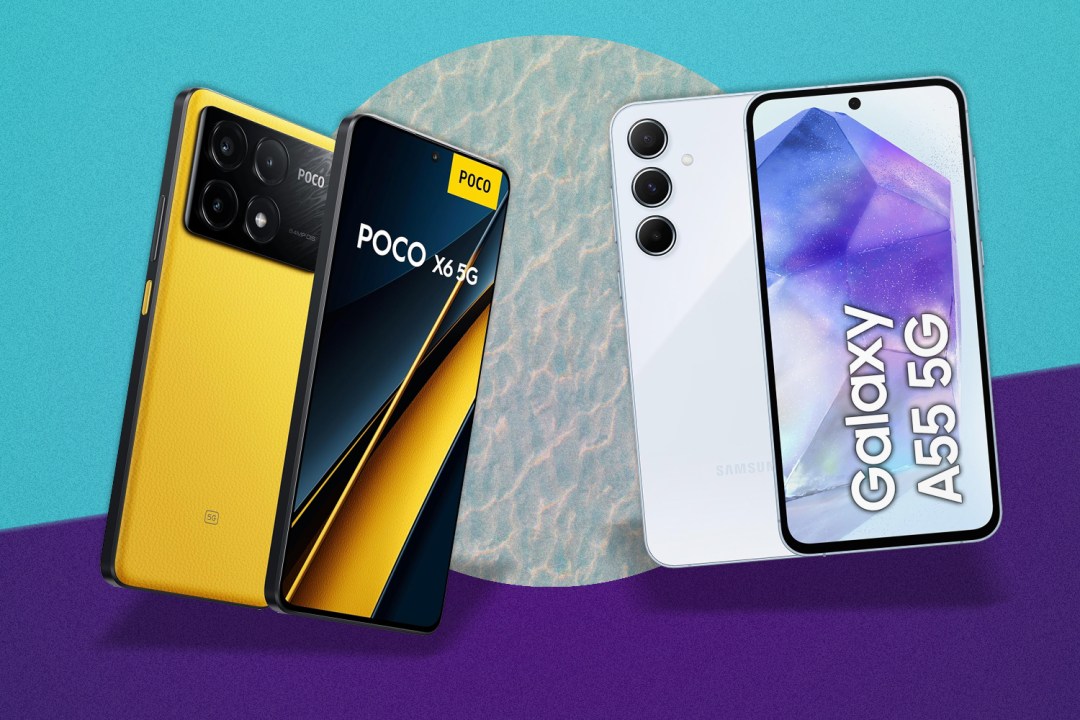
After the best budget camera phone to capture stunning photos without breaking the bank? We don’t blame you. With advancements in camera phone tech, you no longer need to spend a fortune to get a capable shooter.
Whether you’re an aspiring photographer or simply want to upgrade your phone photography game, our hand-picked selection of affordable options below will have you snapping perfect portraits and laudable landscape shots in no time.
With that said, here’s our guide to the best budget camera phones that all cost below $500/£500.
Why you can trust Stuff: Our team of experts rigorously test each product and provide honest, unbiased reviews to help you make informed decisions. For more details, read how we test and rate products.
Quick list: what’s the best budget camera phone?
We think the Google Pixel 8a (buy now) is the best mid-range smartphone you can buy. It’s the latest phone in Google’s more affordable ‘a’ series. You’ll love its impeccable camera skills, punchy performance, minimalist Pixel design and pure Android experience.
The Redmi Note 13 Pro (buy now) isn’t a major upgrade over last year’s effort, but the 200MP sensor is very impressive.
The Samsung Galaxy A55 5G (buy now) gets S24-influenced styling and familiar photo processing. It’s a great value camera phone.
The Xiaomi Mi Note 10 (buy now) comes with a 108MP wide-angle camera, 12MP 2x zoom camera, 5MP 5x hybrid zoom camera, a 20MP ultra-wide camera, and a 2MP macro photography camera.
The CMF Phone 1 (buy now) is proof that decent budget phones still exist. Some clever accessories set the CMF Phone 1 apart from cheap rivals; great performance, long battery life and a gorgeous screen better almost all of ’em.
The Poco F6 Pro 5G (buy now) has a versatile triple-camera setup. It is a great budget camera phone if you like playing with different perspectives.
The Google Pixel 7a (buy now) has been replaced by the 8a, but if you’re really looking to save money the 7a could be the phone to go for. It’s fast, long-lasting and able to take a killer photo.
The Samsung Galaxy S23 (buy now) is older now but still a brilliantly well-rounded phone. It’s the compact Android flagship with flagship performance.
The best budget camera phone you can buy today:
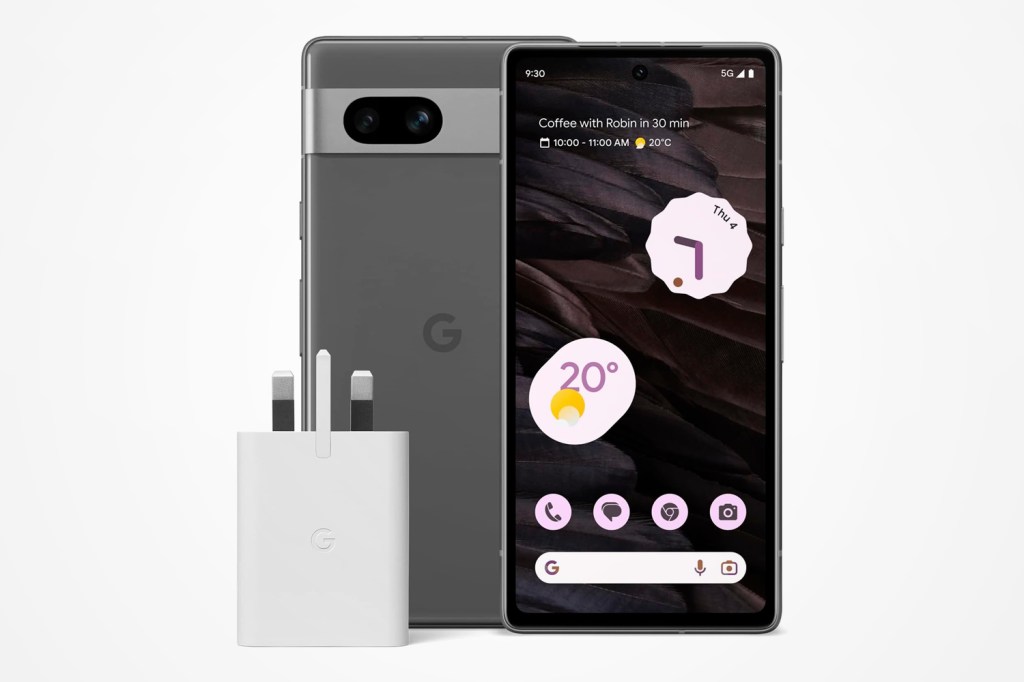
1. Google Pixel 8a
Stuff Verdict
With similar hardware to its more expensive siblings, the Pixel 8a is the cheapest way to access Google’s AI smarts. With amazing photography skills, the Pixel 8a is the mid-range smartphone to beat.
Pros
- Fantastic still images for a mid-range phone
- Performance punches above its price bracket
- Slick design and strong build
Cons
- Gemini AI chatbot not available in UK and Europe
- Charging speeds remain behind rivals
| Google Pixel 8a specs | |
|---|---|
| Screen | 6.1in, 2400×1080 OLED w/ 120Hz |
| CPU | Google Tensor G3 octa-core |
| Memory | 8GB RAM |
| Cameras | 64MP, f/1.9 main w/ OIS + 13MP,f/2.2 ultrawide rear 13MP, f/2.2 front |
| Storage | 128/256GB |
| Operating system | Android 14 |
| Battery | 4,492 mAh w/ 18W wired, 7.5W wireless charging |
| Dimensions | 152.1 x 72.7 x 8.9mm, 188 g |
Looking for the best budget camera phone experience? That’ll come in the form of the Google Pixel 8a. It’s part of Google’s affordable ‘A’ series, which promises a similar Pixel experience to its more expensive siblings for less money.
The photography experience is excellent here. It has the same 64MP sensor as the Pixel 7a, but that’s no bad thing. The amount of detail in the images is really impressive, with Google nailing both close-up and distance shots. It’s Google’s processing that is really impressive, with Google’s smarts making it hard to take a bad picture.
Paired with punchy performance to a minimalist Pixel design and pure Android experience, even if you’re not interested in photography, we think this is the best smartphone you can get under $500/£500.
- Read more: Google Pixel 8a review
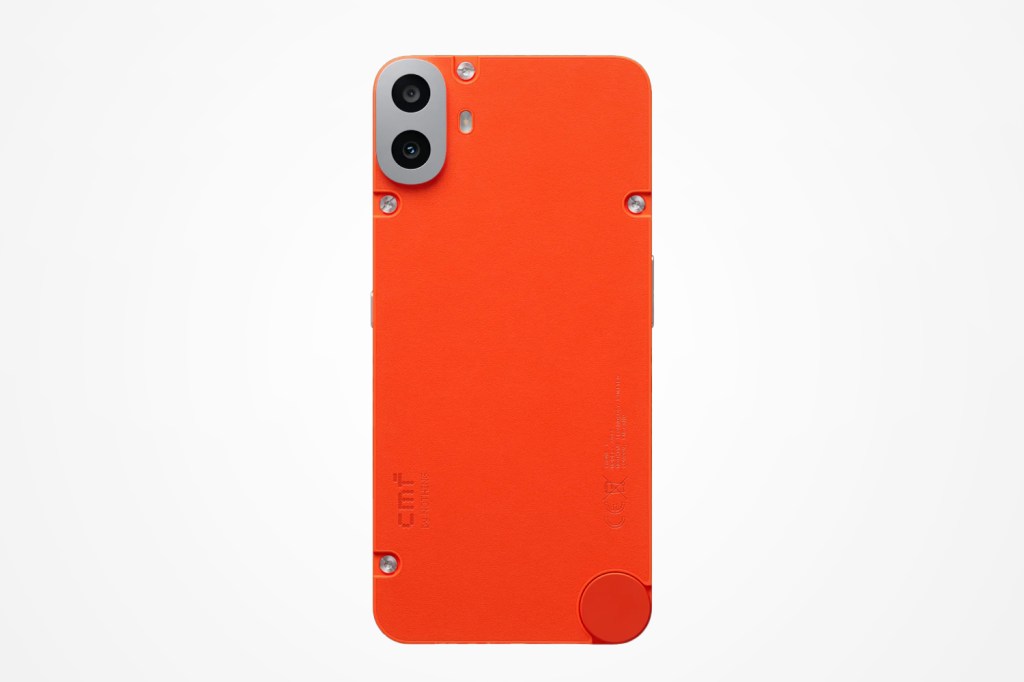
2. CMF Phone 1
Stuff Verdict
Proof that decent budget phones still exist. Some clever accessories set the CMF Phone 1 apart from cheap rivals; great performance, long battery life and a gorgeous screen better almost all of ’em.
Pros
- Performance and longevity you don’t expect for the money
- Eye-pleasing OLED display from a class above
- Screw-on accessories a neat design twist
Cons
- Speaker only mono
- Software update promise could be longer
| CMF Phone 1 specs | |
| Screen | 6.67in, 2400×1080, 120Hz AMOLED |
| CPU | MediaTek Dimensity 7300 |
| Memory | 6/8GB RAM |
| Cameras | 50MP, f/1.8 rear w/ portrait sensor 16MP front |
| Storage | 128/256GB on-board, microSD expansion |
| Operating system | Android 14 w/ NothingOS 2.6 |
| Battery | 5000mAh w/ 33W wired charging |
| Dimensions | 164x78x8.2mm, 197g |
If you’re after a budget-friendly phone that doesn’t compromise on camera quality, the CMF Phone 1 deserves your attention. This Nothing sub-brand offering boasts a 50MP main camera which uses pixel binning to produce detailed 12.5MP shots. The results are surprisingly impressive for the price, delivering well-balanced exposures and punchy contrast in daylight conditions.
The 2MP portrait sensor, while not groundbreaking, does a decent job with bokeh effects for those all-important portrait shots, and low-light performance is pretty decent too — though the lack of optical image stabilisation means you’ll need a steady hand when using night mode. Video recording caps out at 4K/30fps, which is rather respectable at this price point.
Beyond its photographic capabilities, the CMF Phone 1 stands out with its bright colour options, unique modular design (a very welcome breath of fresh air), and clean NothingOS interface. It’s a compelling option for those seeking capable smartphone photography without breaking the bank.
- Read more: CMF Phone 1 review
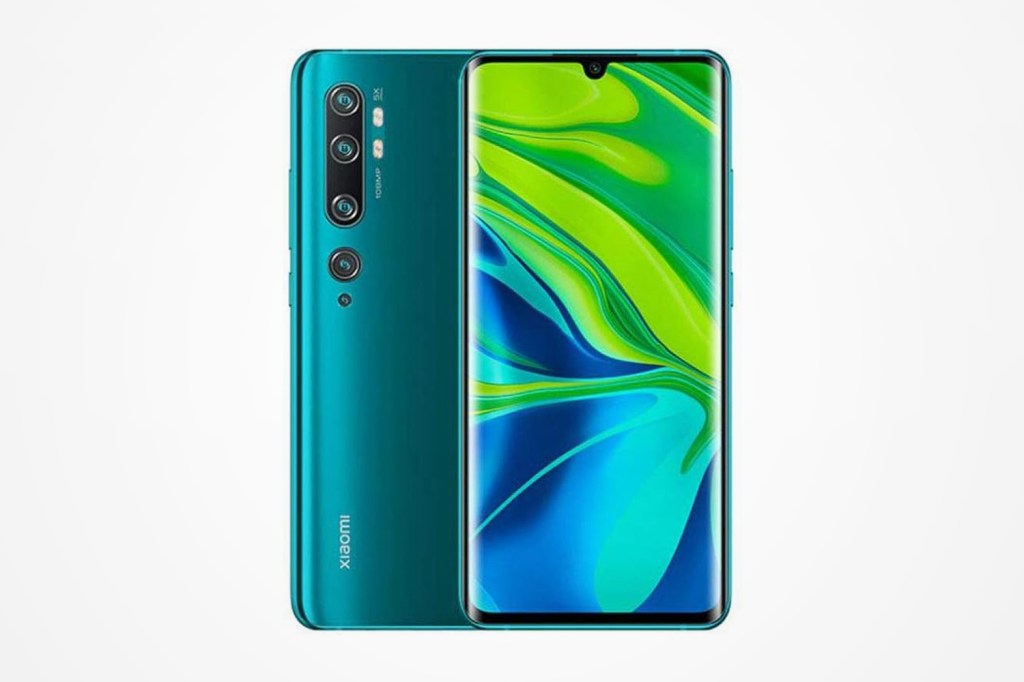
3. Xiaomi Mi Note 10
Stuff Verdict
It’s got an incredible camera but the Mi Note 10 is let down by middling power under the hood
Pros
- Excellent main camera
- Premium design
- Good battery life
Cons
- No SD card slot
- Mid-range power
- Pesky UI adverts
| Xiaomi Mi Note 10 specs | |
|---|---|
| Screen | 6.47in, 2340×1080 OLED w/ 60Hz |
| CPU | Qualcomm SDM730 Snapdragon 730G |
| Memory | 6GB RAM |
| Cameras | 108MP main, 12MP 2x telephoto, 20MP ultra-wide rear 32MP front |
| Storage | 128/256GB |
| Operating system | Android 9.0 at launch (upgradable) |
| Battery | 5260mAh w/ 30W wired |
| Dimensions | 157.8×74.2×9.7mm, 208g |
If you want one of the sharpest smartphone cameras money can buy, then the Xiaomi Mi Note 10 packs a mighty punch, thanks to its main 108MP wide-angle camera. There’s also a 12MP 2x zoom camera, a 5MP 5x hybrid zoom camera, a 20MP ultra-wide camera, and a 2MP macro photography camera. Phew.
The headline-grabbing 108MP sensor captures an incredible amount of detail, allowing you to crop and zoom into photos without losing quality. It also performs well in low-light conditions, thanks to its large pixel size and night mode, and the front-facing 32MP selfie cam is very competent too. Overall, despite being a few years old, this remains one of the best-specced and top-performing Android handsets in terms of pure picture quality — made even more appealing by its reduced price.
- Read more: Xiaomi Mi Note 10 review
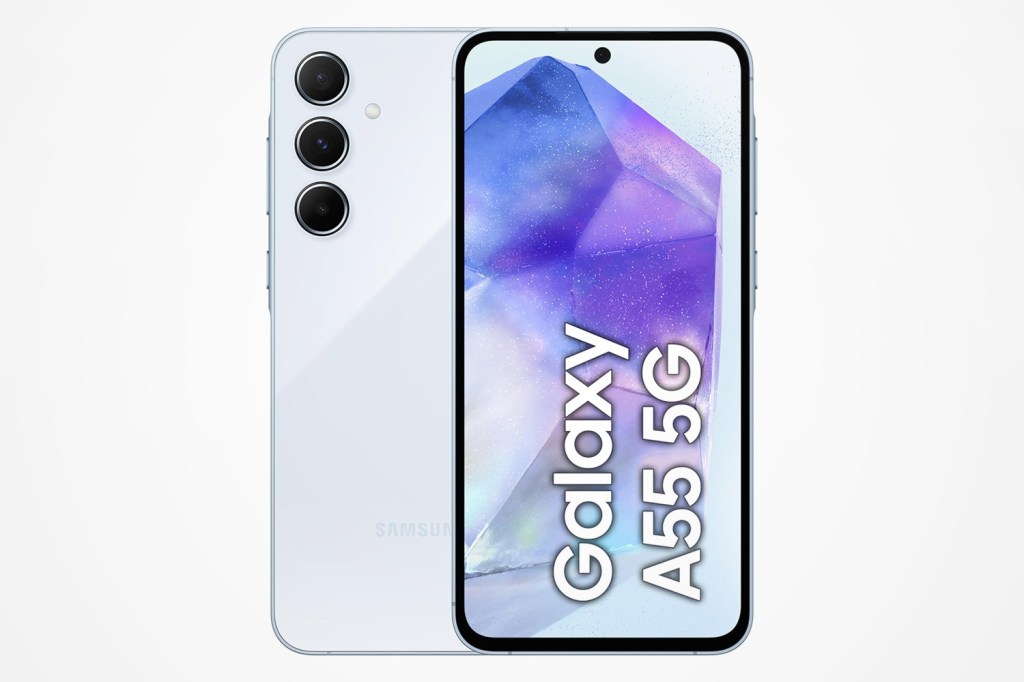
4. Samsung Galaxy A55 5G
Stuff Verdict
Samsung die-hards will appreciate the S24-influenced styling and familiar photo processing; everyone else will find similar performance elsewhere for less cash than the Galaxy A55.
Pros
- Materials and build quality on par with pricier phones
- Decent performance and respectable battery life
- Capable cameras for stills and video
Cons
- Screen bezels are a bit bulky
- Tries to tempt you with bloatware on initial setup
- Similarly fast and long-lasting rivals cost considerably less
| Samsung Galaxy A55 5G specs | |
|---|---|
| Screen | 6.6in, 2340×1080 AMOLED w/ 120Hz |
| CPU | Samsung Exynos 1480 octa-core |
| Memory | 8/12GB RAM |
| Cameras | 50MP, f/1.8 w/ PDAF, OIS + 12MP, f/2.2 ultrawide + 5MP, f/2.4 macro rear 32MP, f2.2 front |
| Storage | 128/256GB on-board, microSD expansion |
| Operating system | Android 14 w/ OneUI |
| Battery | 5000mAh w/ 25W wired charging |
| Dimensions | 161x77x8.2mm, 213g |
The updated Samsung Galaxy A55 5G makes the move to a metal frame, to better match the top-end Galaxy S24. It also packs in a more powerful CPU than its predecessor, along with a sizeable OLED screen and the latest flavour of Samsung’s OneUI interface. As mid-rangers go, it’s very well equipped.
The Galaxy A55 doesn’t mix things up on the camera front, sticking with the same rear trio as the last-gen Galaxy A54. That means a 50MP main snapper with optical image stabilisation, a 12MP ultrawide and a 5MP macro snapper bringing up the rear. Despite the same hardware, image quality has taken a welcome step forward from the previous generation.
- Read more: Samsung Galaxy A55 review
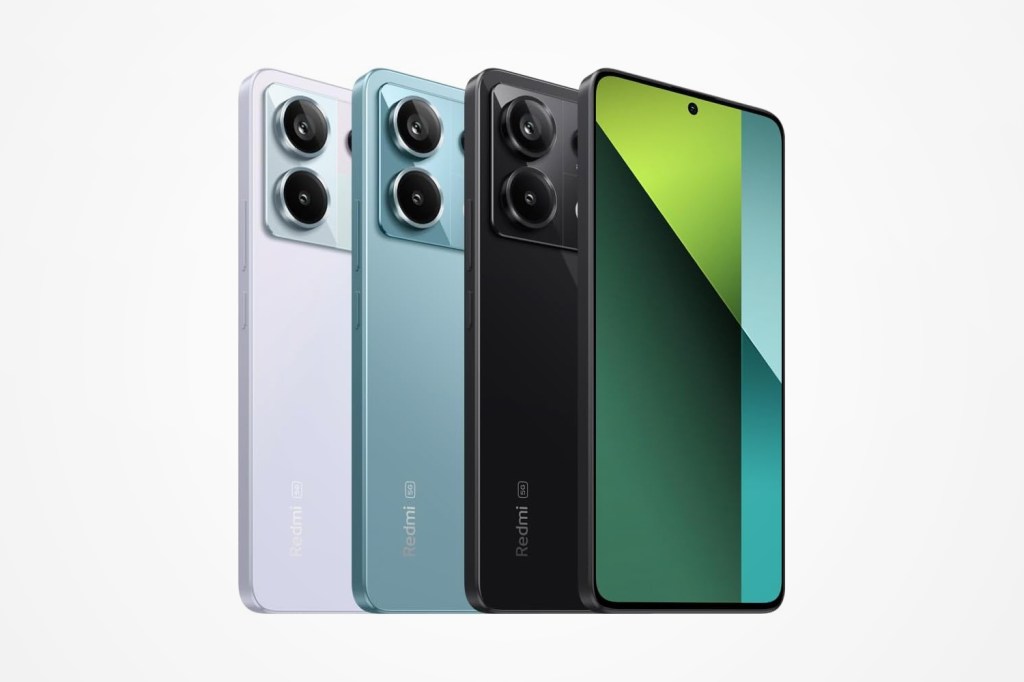
5. Redmi Note 13 Pro 5G
Stuff Verdict
Another fast-charging, clear-snapping mid-ranger at a tempting price. The Redmi Note 13 Pro+ isn’t a major upgrade over last year’s effort, though.
Pros
- Very capable main camera sensor
- Sharp, colourful and bright display
Cons
- Backup snappers still second class citizens
- 3.5mm port finally bites the dust
| Xiaomi Redmi Note 13 Pro specs | |
|---|---|
| Screen | 6.67in, 2712×1220 AMOLED w/ 120Hz refresh rate |
| CPU | Qualcomm SM7435-AB Snapdragon 7s Gen 2 |
| Memory | 6/8/12GB RAM |
| Cameras | 200MP main, 8MP ultra-wide, 2MP maco rear 16MP front |
| Storage | 128/256/512GBGB on-board |
| Operating system | Android 13, upgradable to Android 14, HyperOS |
| Battery | 5100mAh, 67W wired charging |
| Dimensions | 161.2×74.2x8mm, 187g |
A high pixel count isn’t the be-all and end-all when it comes to phone photography – but it certainly helps. Xiaomi sub-brand Redmi went down that route last year with 200MP sensors for its mid-range smartphones, and is now looking for similar success with the Redmi Note 13 Pro+.
Is it any good? You can’t deny the 200MP sensor can capture an excellent amount of detail. Fine-grain clarity is resolved well, even at a distance. Redmi’s contrast-heavy processing ensures images are suitably impactful. Colours are vivid and there’s plenty of dynamic range on show during the daytime.
- Read more: Redmi Note 13 Pro+ review
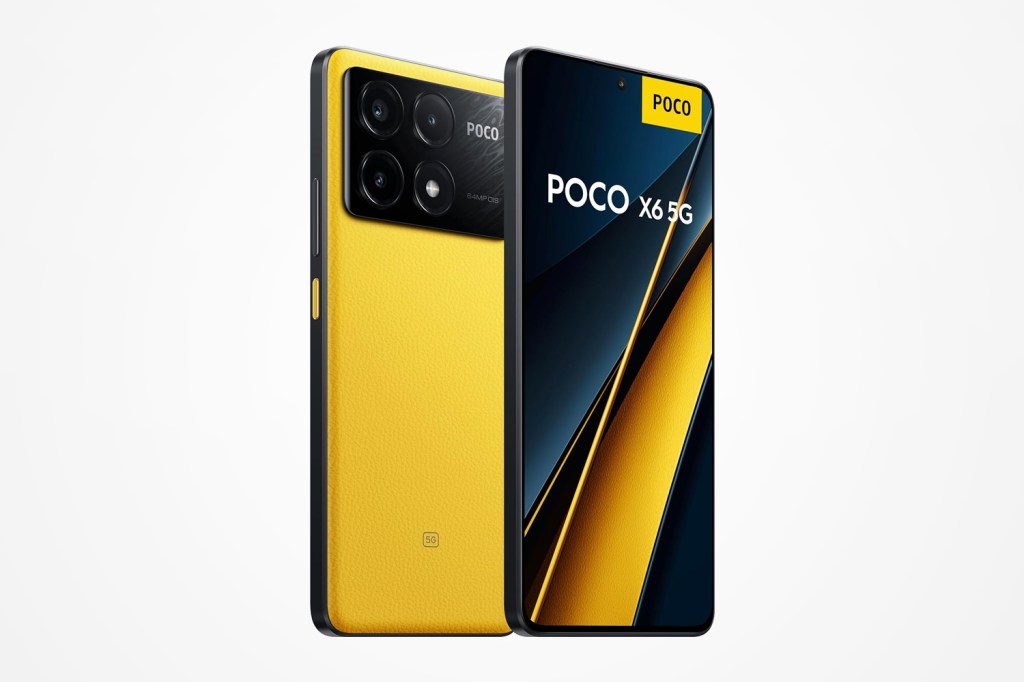
6. Poco F6 Pro 5G
Stuff Verdict
With a versatile triple-camera setup, the Poco F6 Pro is a great budget camera phone if you like playing with different perspectives.
Pros
- Great screen and speakers
- Premium build
Cons
- Expandable storage is missed
- Higher IP rating would be appreciated
| Poco F6 Pro 5G specs | |
|---|---|
| Screen | 6.67in, 3299×1440 OLED w/ 120Hz |
| CPU | Qualcomm Snapdragon 8 Gen 2 |
| Memory | 8/16GB RAM |
| Cameras | 50MP main with OIS + 8MP ultrawide + 2MP macro rear 16MP, front |
| Storage | 256GB/1TB |
| Operating system | Android 14 |
| Battery | 5000 mAh w/ 120W wired |
| Dimensions | 160.9 x 75 x 8.2mm, 209 g |
The POCO X6 Pro 5G packs a versatile triple-camera setup, headlined by a 64MP main sensor with optical image stabilization (OIS). This main shooter delivers detailed and sharp photos even in challenging lighting conditions, while the 8MP ultrawide camera offers a 118-degree field of view — ideal for capturing expansive landscapes or group shots.
While the 2MP macro lens may not be groundbreaking, it still lets you explore more niche creative close-up photography, if that’s your thing. The camera app itself offers a range of creative modes, including night mode, portrait mode with adjustable bokeh, and slow-motion video.
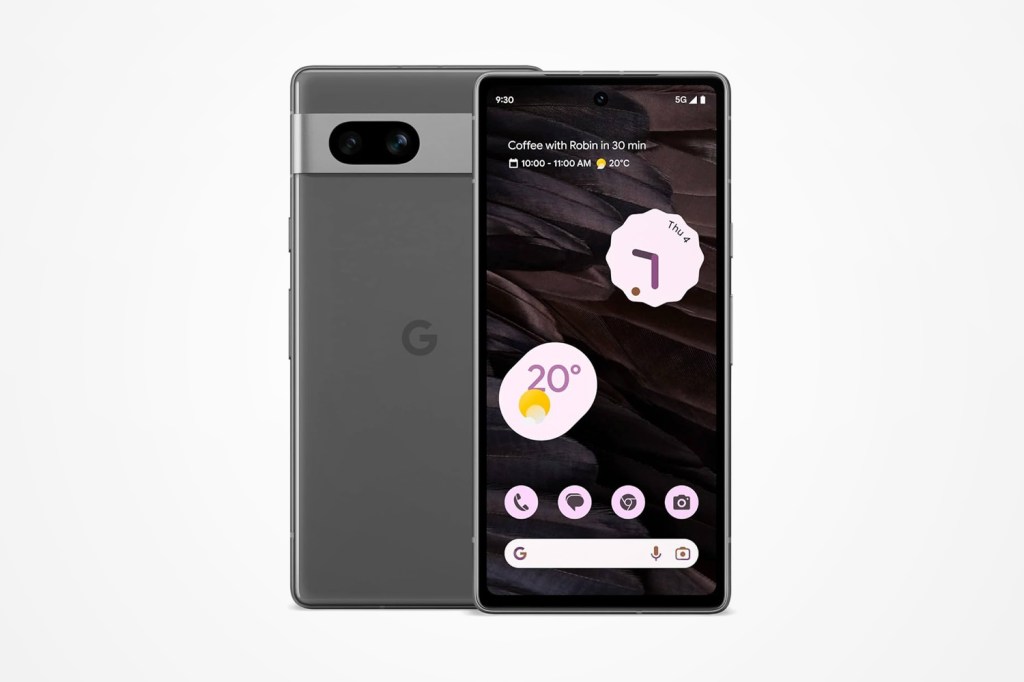
7. Google Pixel 7a
Stuff Verdict
Gains features missing from its predecessor, while staying fast, long-lasting and able to take a killer photo. The Pixel 7a is the mid-range Android phone to beat.
Pros
- Fantastic still images for a mid-range phone
- Performance punches above its price bracket
- Slick design and strong build
Cons
- Price bump over last year’s effort
- Charging speeds remain behind rivals
| Google Pixel 7a specs | |
| Screen | 6.1in, 2400×1080 gOLED w/ 90Hz |
| CPU | Google Tensor G2 octa-core |
| Memory | 8GB RAM |
| Cameras | 64MP, f/1.9 main w/ OIS + 13MP,f/2.2 ultrawide rear 13MP, f/2.2 front |
| Storage | 128GB on-board |
| Operating system | Android 13 |
| Battery | 4385mAh w/ 18W wired, 7.5W wireless charging |
| Dimensions | 152x73x9.0mm, 193g |
Google’s Pixel a-series has long been a go-to for budget-conscious photography enthusiasts, and while newer models like the Pixel 8a have since been released, the 7a still holds its own, especially considering its lower price point.
Its 64MP main sensor captures an impressive amount of detail, while Google’s renowned image processing algorithms work their magic to produce consistently excellent photos across various scenarios. Low-light performance is particularly impressive, with Night Sight pulling off some impressive feats in dimly lit environments. The 13MP ultrawide camera also complements the main sensor well, offering similar colour balance and exposure for a cohesive shooting experience.
The Pixel 7a isn’t just about its cameras, though. Google’s homegrown Tensor G2 chip ensures snappy performance, while the 90Hz display and addition of wireless charging bring it closer to its flagship siblings. In short, the Pixel 7a remains a mid-range marvel that punches well above its weight in the camera department, even as its successor has hit the market.
- Read more: Google Pixel 7a review
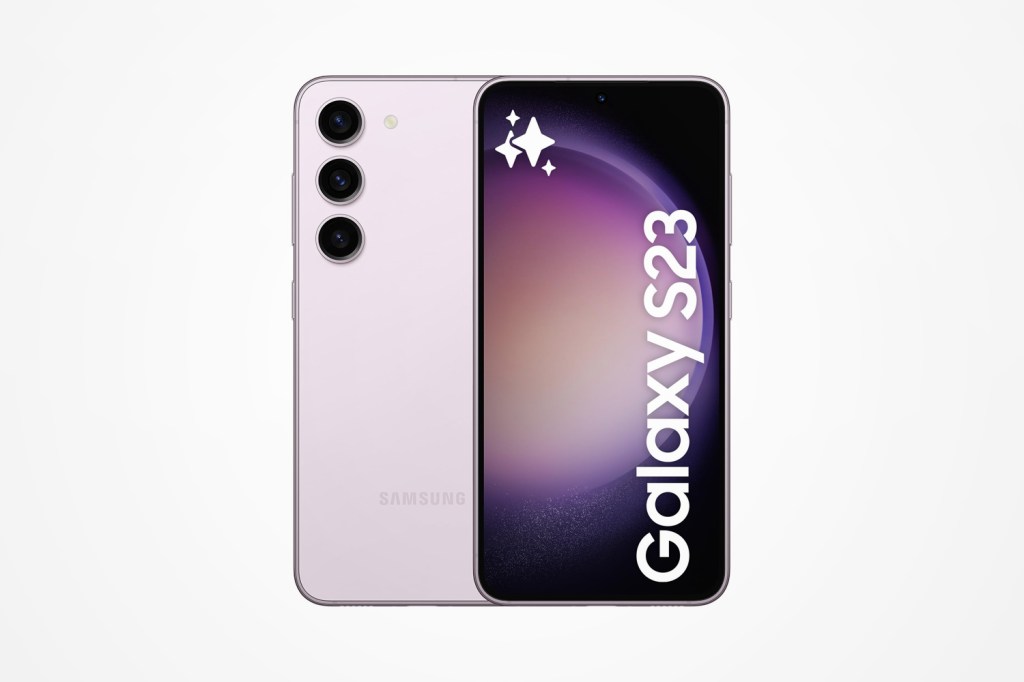
8. Samsung Galaxy S23
Stuff Verdict
Samsung plays it safe, but the S23 is still a brilliantly well-rounded phone. It’s the compact Android flagship to beat, if you don’t mind paying a premium.
Pros
- Premium styling with beautiful build quality
- Epic performance and great battery life
- Some of the best mainstream smartphone cameras
Cons
- Price bump from last year despite few major changes
- No big leap in camera capability
- Design has barely changed
| Samsung Galaxy S23 specs | |
| Screen | 6.1in, 2340×1080, 120Hz AMOLED |
| CPU | Qualcomm Snapdragon 8 Gen 2 |
| Memory | 8GB RAM |
| Cameras | 50MP + 12MP + 10MP rear, 12MP front |
| Storage | 128/256GB on-board |
| Operating system | Android 13 w/ OneUI 5.1 |
| Battery | 3900mAh w/ 25W wired charging, wireless charging |
| Dimensions | 146x71x7.6mm, 168g |
Despite the release of the Galaxy S24 and S25, the S23 remains a temptingly formidable option at its current, more accessible price point. Its triple-camera setup delivers impressive results, with the 50MP main sensor capturing sharp, detailed shots with Samsung’s characteristic vibrant colour palette. The 3x optical zoom from the telephoto lens is a standout feature, offering genuine reach without the quality loss associated with digital zoom. Night mode performance is solid, with good noise reduction and detail retention in low-light scenarios.
The S23 may no longer be the latest and greatest, but it offers a near-flagship-level photography experience in a compact package. With the powerful Snapdragon 8 Gen 2 chip, good battery life, and Samsung’s commitment to software updates, it’s still a solid choice for those who prioritise camera quality and overall performance in their smartphone, especially at its reduced price.
- Read more: Samsung Galaxy S23 review
How to choose the best budget camera phone for you
We go into a lot of detail on what to look for in a smartphone snapper in our best camera phone guide, so do check that out if you’re interested.
Ultimately, though, when choosing a smartphone for its camera capabilities, focus on several key aspects beyond typical smartphone specs. Generally, higher megapixel counts and larger sensors contribute to better image quality, (the latter is especially helpful in low-light conditions) and advanced computational photography features, like those in Google Pixel phones, enhance photos by optimizing exposure, colour accuracy, and dynamic range.
The lens system is also crucial, with options like ultra-wide-angle and telephoto lenses offering versatility for different photography styles. Aperture size impacts light capture and depth-of-field effects, while Optical Image Stabilization (OIS) helps reduce blurriness in photos and videos. Features like HDR, portrait mode, and night mode further improve the photography experience.
For video recording, consider the phone’s resolution, frame rate, and stabilization features.
Oh, and don’t forget the front-facing camera; it should have good specs and selfie-specific modes to ensure clear and flattering self-portraits and video calls.
If you’re looking for more specific buying recommendations, then you can check out Stuff’s guides to the best smartphone for gaming and the best Android phones.
How we test the best budget camera phones
We have used and reviewed every phone on this list, so you can trust us when it comes to recommending the budget camera phone to buy.
We usually spend a week or longer reviewing phones, testing out all of the software features, build quality and performance. Our reviews are very comprehensive, testing every single aspect of a smartphone, including battery life, quality of the display, and camera.
For more information on Stuff’s rating and review process, read our page on how we test products.

